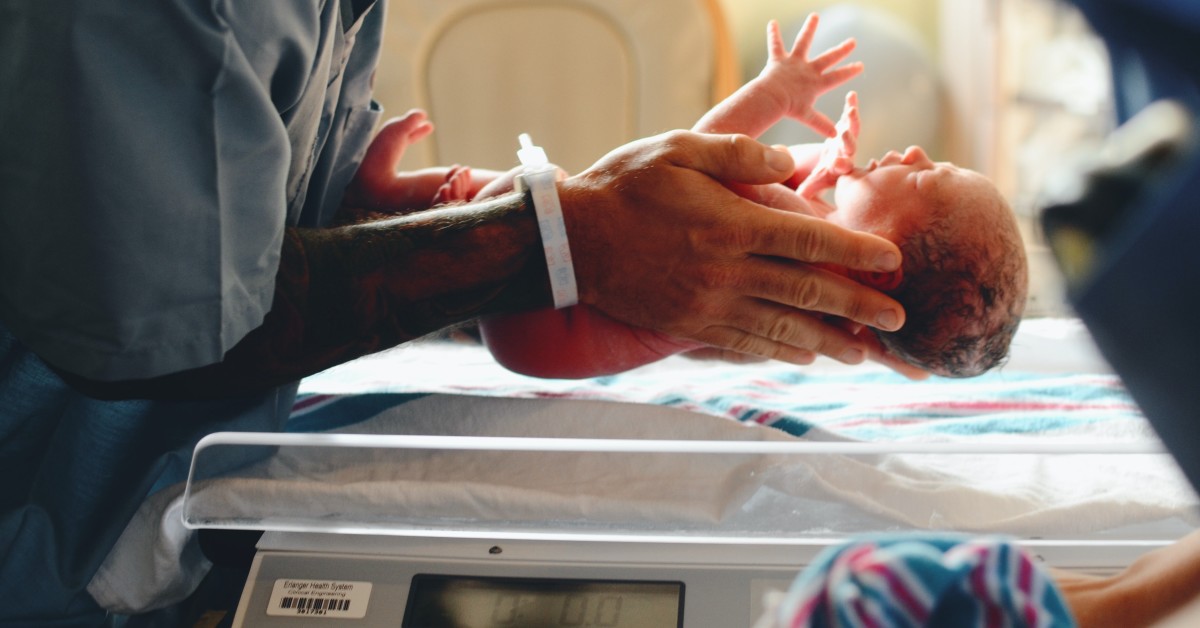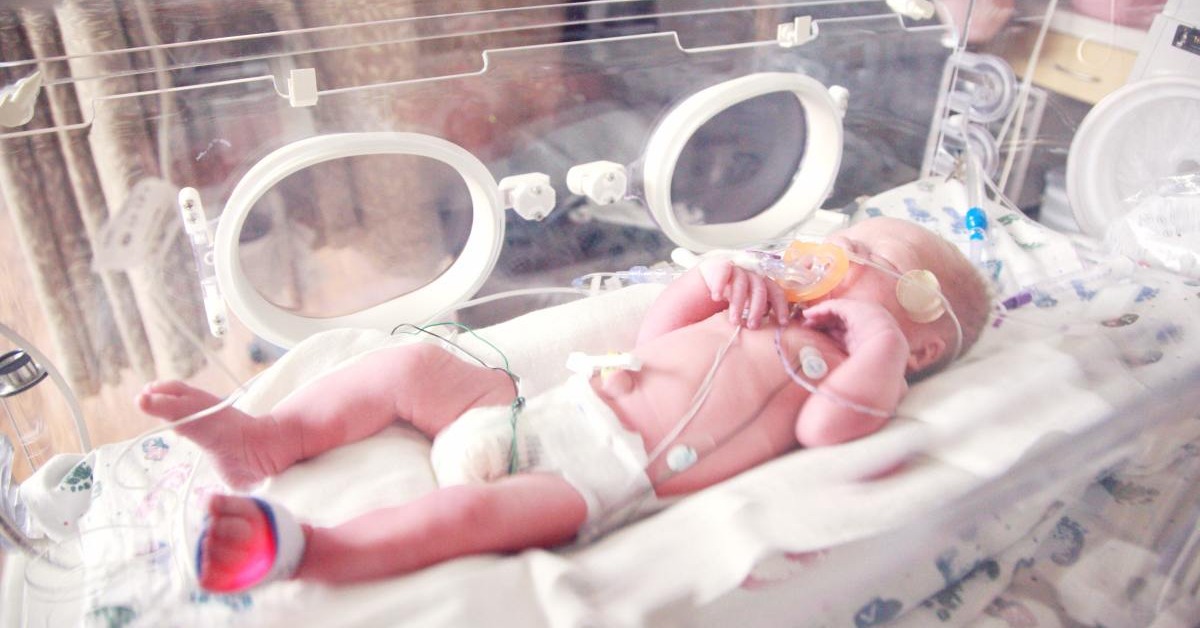
What is a Bachelor of Science in Nursing?
Education requirements for nurses in the U.S. are becoming more [...]
This website may earn a commission if you make a purchase after clicking on a product link in this article
__Neonatal nurse practitioners (NNPs) minister to premature and sickly babies, one of the most vulnerable populations.__ They are trained to diagnose, treat, and medicate healthy or sick children ages 0 to 2. While many find work in NICUs, others work in well-baby or special-care nurseries as well as the delivery room, where anything can happen. They may work in collaboration with neonatologists and pediatricians. In most states, they are independent providers with the authority to write prescriptions.
In this article, we’ll cover:
Only a century ago, premature and sickly babies were sent home from the hospital without any special interventions. Unsurprisingly, many never saw their first birthday. A conservative medical establishment was slow to embrace innovations that could have improved these chances; for nearly half a century, the only neonatal incubators to be found in New York City were at a Coney Island sideshow, where the tiny convalescing infants on display competed with sword-swallowers and a lion-faced man for customers’ quarters.
To get a feel for how dangerous it was to be born early, consider that Jacqueline Kennedy’s baby Patrick was born several weeks early in 1963. Patrick died a few days later from neonatal respiratory syndrome; this was the child of the First Lady, with access to the best care that money could buy. Patrick’s death elevated neonatal care in the national consciousness, and progress slowly followed. By the late 1990s, neonatal intensive care units (NICUs) were available for nearly every baby in the country.
NNPs must stay strong for parents dealing with unexpected issues, including premature births, low birth weight, and congenital heart defects. NNP April Farmer learned firsthand how important this is when her own child was born prematurely. In a blog for The Association of Women’s Health, Obstetric & Neonatal Nurses (AWHONN), Farmer writes about how the experience increased her empathy for suffering families who just want to take their little ones home. She learned how important it is to involve parents in simple acts, like allowing them to bathe their own babies, even in a hospital setting.
“As an NNP,” Farmer writes. “I’m used to making the decisions and caring for the patient. It’s hard to just sit back and feel so helpless. I felt like I had to put on a brave face because I worked in the NICU, but there were days I felt like I was falling apart. I was stressed, exhausted, and anxious.” In such difficult situations, NNPs have their educations, their instincts, and fundamental nursing and professional principles established by the National Association for Neonatal Nurses (NANN) to fall back on.
“What I love about the NICU is that premature infants are fighters,” Farmer writes. “I also love that from the beginning, each one of these little babies has their own personality. They cannot tell you when something is wrong; you have to depend on your assessment skills and their cues to figure out what they need.”
__If you’re already a registered nurse (RN) with at least a Bachelor of Science in Nursing (BSN), you can study to become an NNP. You can earn a master’s degree (MSN) or a doctorate (DNP) with a concentration in neonatology, or you can finish a two-year Advanced Practice Neonatal Nursing (APNN) program.
Note that many, but not all, schools expect you to have at least two years of current RN experience in a level III or higher NICU before starting their program. (On a four-level graded system, a level III NICU cares for very fragile or sick newborn babies.)
Expect to complete 40 or more credit hours, not including clinical course work, and finish a full-time curriculum in two to three years. DNP programs can take three to four years, with 80 or more credit hours. Part-time study, will, of course, take longer.
After graduation, you should be recognized as an advanced practice registered nurse (APRN) through the Boards of Nursing (BONs) and qualify to sit for the Neonatal Nurse Practitioner National Certification Exam (NNP-BC), which is offered through the National Certification Corporation (NCC).
The number and quality of distance-learning opportunities for all nurse practitioners are on the rise; these online experiences are supplemented with hands-on practice facilitated through local field placements.
After you finish NNP graduate, post-master’s, or DNP studies at an accredited school, you have eight years to take the NCC’s Neonatal Nurse Practitioner (NNP-BC) exam. The purpose of the certification is to allow you to provide care for “acutely and critically ill neonatal patients and their families” within hospitals or outpatient settings. The three-hour exam costs $325 and includes 175 multiple-choice items. NNPs should take this test every three years.
Specialty certifications include the Certificate Neonatal Pediatric Transport (C-NPT) and the Certification in Electronic Fetal Monitoring (C-EFMTM). Both of these two-hour NCC examinations qualify you for important duties, including moving a critically ill neonate and operating and interpreting data from electronic fetal monitoring devices.
According to the American Association of Nurse Practitioners (AANP), there are about 270,000 NPs in the United States. Of that number, three percent work as NNPs, according to a 2017 report published in Advances in Neonatal Care.
So, what are the pros and cons of a career as a neonatal nurse practitioner?
“It takes time and money to educate new NNPs,” says NNP Dr. Catherine Witt in Advances in Neonatal Care. “And it appears likely that supply will not keep up with the demand for a while. However, we cannot allow the supply issue to make us obsolete. We have to continue to be involved in issues of education and competency of providers, regulation of practice, and recruitment of new students.”
To help keep your skills sharp and your voice strong, here are four supportive resources for NNPs:
“We have to continue to demonstrate our value to nursing and to the families we serve,” Dr. Catherine Witt concludes. “We provide a service that cannot be duplicated by any other group. Now we just have to make sure everybody knows it.”
Questions or feedback? Email editor@noodle.com

Education requirements for nurses in the U.S. are becoming more [...]

Nurse practitioners (NPs) typically earn six figures, but NP salaries [...]

Neonatal nurse practitioners deliver essential healthcare to newborns with high-risk [...]

Family nurse practitioners provide many of the same services as [...]

Neonatal nurse practitioners earn solid six-figure salaries, but their greatest [...]
Categorized as: Advanced Practice Nursing, Nurse Practitioner, Nursing & Healthcare